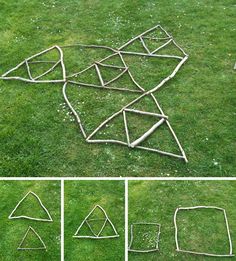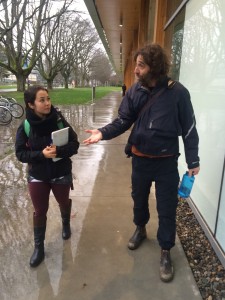Outdoor Education is a huge passion of mine because I see how important it is when I reflect on my own learning experiences. As humans, we depend on one-another and the environment, everything is interconnected and in order to flourish we need to acknowledge and sustain this practice of community. Outdoor Education builds the connection between students and the environment, it helps them learn about their impact on Earth and the respective feelings that come along with destroying or nurturing. It’s a win-win if we look at it like this, because while teaching students about interconnectedness, it also teaches them how to conduct themselves in the ‘real-world’. This is exemplified in many ways, one being the treatment of plants and forest dwelling creatures. Students learn how fragile the leaves are, how tearing a branch can cause an entire tree to collapse. All of this is explained in further detail through my resources. Check out, “Gill, T. (2014). The Benefits of Children’s Engagement with Nature: A Systematic Literature Review. Children, Youth and Environments, 24 (2)” for a more detailed discussion on this.
Hartley Banack, a professor at UBC is by far the best resource that I have used. He changed my thinking to make the question more practical. I had a passion of Outdoor Education before and I wanted to share my passion for it before, but it was my discussion with Hartley that allowed me to see the direction I need to take in order to put the sharing in effect. I want teachers to see the benefits of Outdoor Education for what it is, and I want them to have simple, practical ways to make it happen. This is what I want to bring out of my Inquiry; a practical resource for teachers to pick-up and be able to see why it is needed and how they can use it.
In summary, my passion for Outdoor Education is sourced from its behavioral benefits. In order to share my passion with as many people as I can, I need to reach other teachers. If I can hook them with the benefits and show them how simple it is to do then I feel I’ve done enough to make a movement.
Thanks,
Chris


